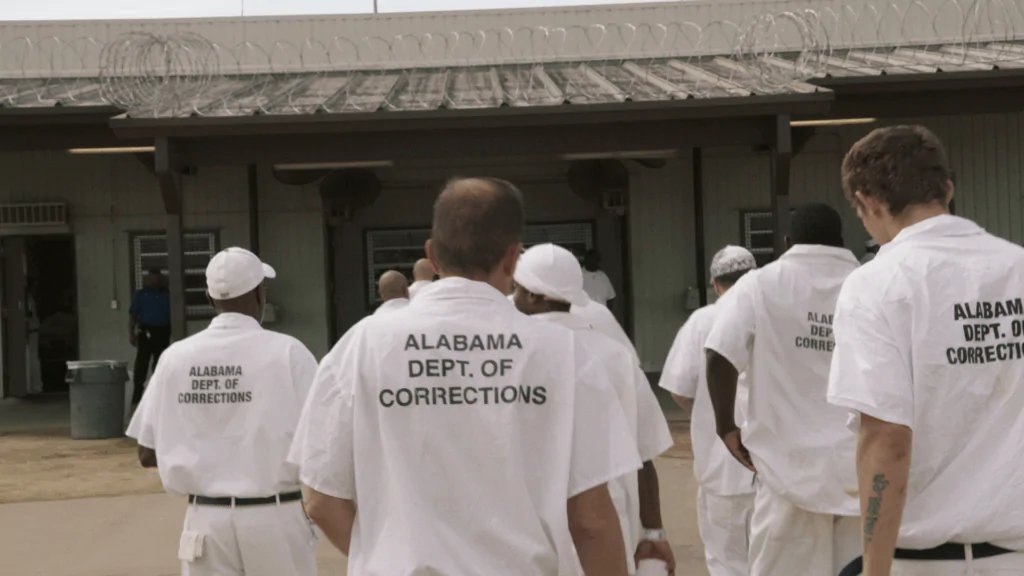Federal Judge Denies Anthony Boyd’s Execution Stay Request
A federal judge in Alabama has turned down the request from death row inmate Anthony Boyd to pause his execution. Chief United States Judge Emily C. Marks of the Middle District of Alabama dismissed the challenge brought by Boyd’s legal team, who contended that using nitrogen hypoxia for his execution goes against the Eighth Amendment’s protection against cruel and unusual punishment.
Boyd expressed concerns that being executed by nitrogen would lead to “extreme emotional distress and panic,” especially since he suffers from asthma and dizziness, which he believes could hinder the execution’s effectiveness. Instead, he proposed alternative methods, such as execution by firing squad or hanging, arguing that these alternatives would likely involve less severe pain.
Judge Marks noted, “Anyone sentenced to death is likely to experience emotions like anxiety and panic.” She emphasized that for centuries, death row inmates have faced the dread of their final moments, irrespective of the execution method. She acknowledged that as the execution procedure advances, psychological suffering tends to intensify—a “sad but unavoidable consequence of death.” The judge recognized that a person deprived of oxygen under the protocol would indeed feel discomfort and panic. However, she pointed out that much of the psychological distress stems from the awareness of impending death, something inherent in all executions.
In her ruling, Marks stated that Boyd hadn’t demonstrated that nitrogen hypoxia would cause excessive suffering beyond what is typically associated with a death sentence, nor had he provided a “viable and readily available alternative method” that would significantly lessen the risk of serious pain. “The Eighth Amendment does not guarantee a painless death for Mr. Boyd,” she wrote, adding that the U.S. Supreme Court hasn’t classified any state’s execution method as cruel and unusual.
Boyd was sentenced to death in 1993 for the murder of Gregory Huguely in Talladega County, where he, along with three others, was accused of binding Huguely to a park bench and subsequently burning him alive. While Ingram is also on death row, Ackles is serving a life sentence without the chance of parole, and Cox, who testified against the others, is serving life with a possibility of parole.
Originally sentenced to death in 1995, Boyd’s method of execution was electrocution at the time. Alabama switched to lethal injection in 2002 and later adopted nitrogen hypoxia in 2018. In July, Boyd challenged the nitrogen method, claiming that inmates were consciously asphyxiated for a considerable period before losing consciousness.
Boyd has maintained his innocence in the murder case, and during a rally by the Death Penalty Intervention Project, a sign advocating for him was displayed in Talladega. Alabama Attorney General Steve Marshall’s office stated that the lawsuit against Boyd’s execution has not uncovered any evidence to suggest that the jury’s decision was incorrect, noting that Boyd didn’t demonstrate concern for Huguely’s life when he participated in the crime.
Rev. Jeff Hood, Boyd’s spiritual advisor, criticized the nitrogen hypoxia method and called on Alabamians to speak out against Boyd’s execution. “You are better than this. You are better than suffocating people,” he stated, referencing a moral imperative to love one’s neighbor.
Boyd’s execution is set for sometime between the night of October 23rd and the morning of October 24th.






